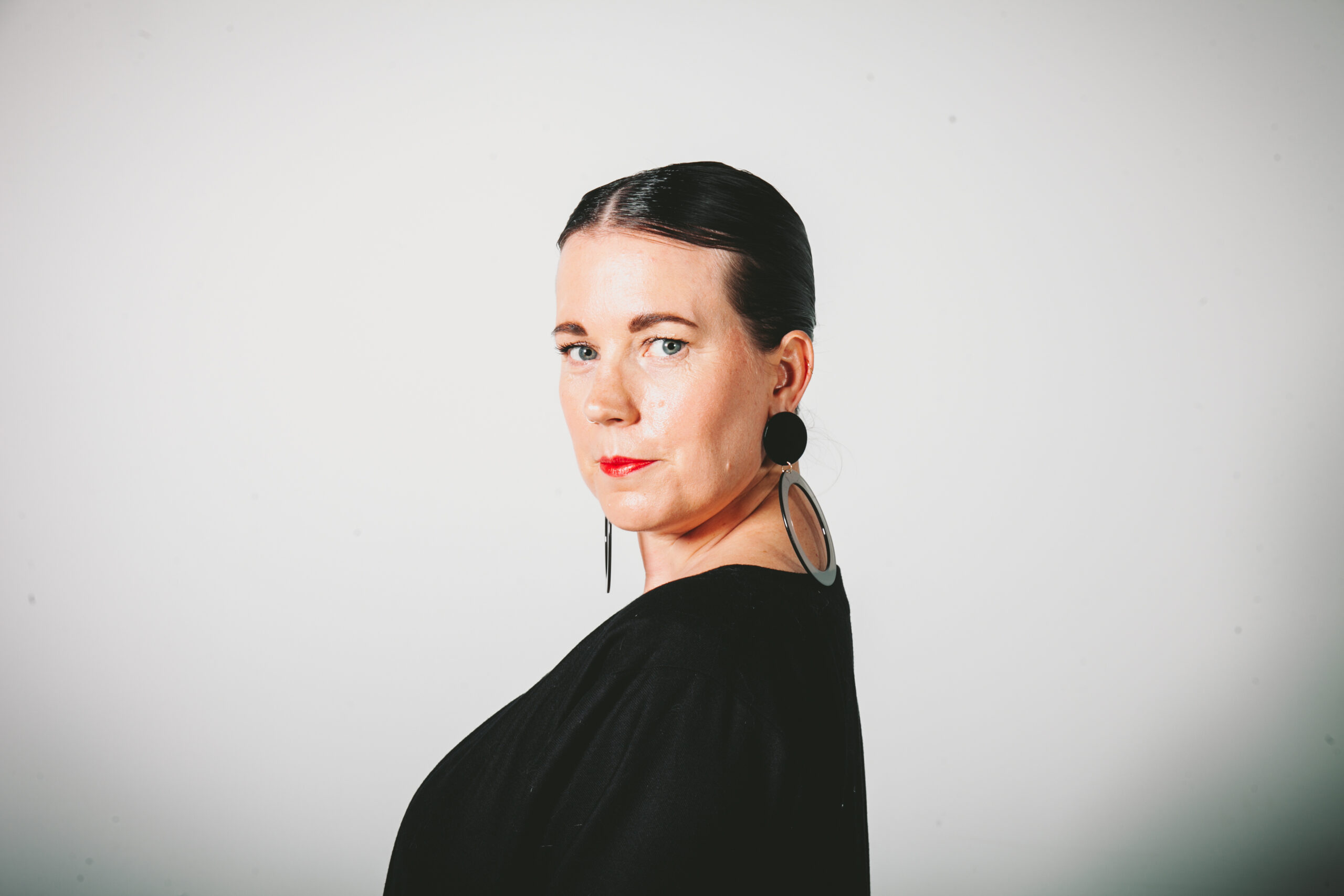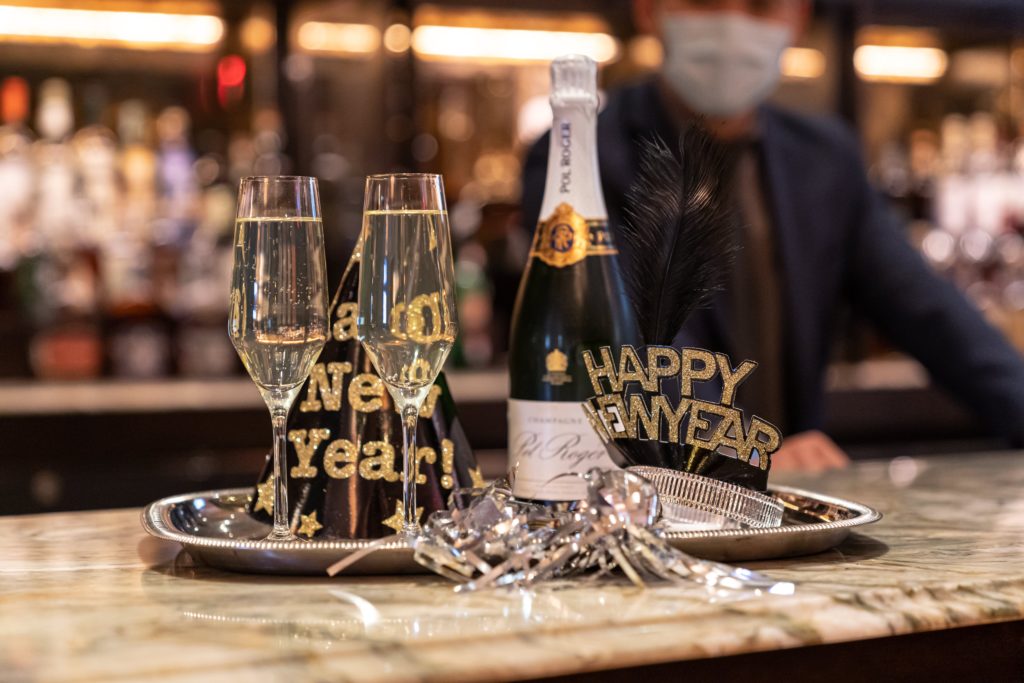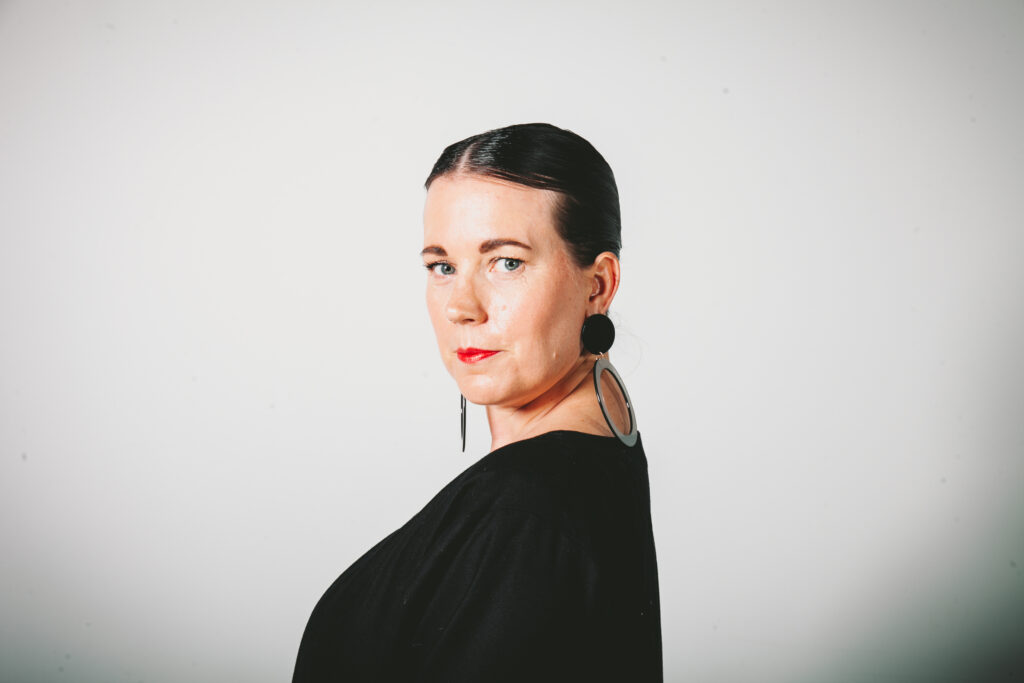How to Keep Your New Year’s Resolutions — Expert Tips on Setting Realistic Goals and Finding Joy in 2025
Holland Sanders-Lopez Talks Reframing Resolutions For Success
BY Edward Brown // 12.31.24Experts often attribute the failure to achieve goals to relying on willpower alone instead of creating sustainable habits. (Photo by Steve Lee)
When the confetti clears and the champagne fizz fades, New Year’s resolutions roar to life with the promise of transformation. Millions of Americans seize the opportunity to embrace the “new you” and embark on their annual self-improvement journey.
Yet, despite the enthusiasm, research reveals a sobering truth: Fewer than half of these resolutions survive beyond February.
Experts often cite relying solely on willpower rather than building sustainable habits as a key reason many people struggle to maintain better diet and exercise routines or achieve new career goals. America’s first motivational guru, Benjamin Franklin, embodied the principles of self-improvement by meticulously tracking his progress and regularly reflecting on his efforts to cultivate 13 virtues. His advice still rings true: “Be at war with your vices, at peace with your neighbors, and let every new year find you a better man.”
Holland Sanders-Lopez, a seasoned consultant and founder of the forward-thinking HOLLAND collective, brings over 15 years of strategic expertise to her work with some of Fort Worth’s most notable brands (Fort Worth Food + Wine Festival, Chef Tim Love, Fort Worth Opera). At the heart of her approach is a belief that meaningful conversations drive authentic connections and lasting trust. Sanders-Lopez’s insights, rooted in a blend of cultural anthropology and strategic thinking, position her clients to be true innovators in their fields.
We caught up with the local consultant to learn more about how to keep New Year’s resolutions.

How do New Year’s resolutions fit into your goal-setting habits?
In the past few years, I’ve moved away from traditional resolutions or restrictive goal-setting, as I’ve found that this approach often creates unnecessary pressure and makes it harder to feel positive about your plans. Instead, I focus on framing my New Year’s changes around positive additions I want to bring into my life. This perspective encourages growth and self-compassion, making it easier to stay motivated throughout the year.
By identifying and incorporating elements into your daily routine that foster a healthier mind and body, create more freedom, and bring genuine joy, you can focus on making changes that feel sustainable and rewarding over time.
What advice do you give clients who feel overwhelmed or discouraged when working toward their New Year’s resolutions?
Goals are here to support your decisions, not to hinder your progress! Long-term goals serve an important purpose: They act as a guiding light for your daily choices. They provide ongoing accountability. When new opportunities or challenges arise, you can weigh them against your long-term goals to determine whether they align with your priorities or are better left for another time.
That said, life is always changing, and your goals will evolve with it. It’s important not to get too caught up in rigid expectations. Staying flexible allows you to adjust your goals as needed, keeping them relevant and realistic while still moving forward.

What are the top pitfalls that prevent people from reaching long-term goals?
The biggest pitfall of goal-setting is forcing yourself to stick to something even when it’s not working. While we’ve all been taught the importance of follow-through, doubling down on an ineffective approach often leads to disappointment and a domino effect of setbacks that can hinder further progress. As you move forward in 2025, take a moment to look up the “sunken cost fallacy” and remind yourself not to fall into that mindset. Recognizing when to let go or adjust is a strength, not a failure.
The first and most important goal every year should be to stay honest with yourself and act as your own champion. This could mean scheduling a monthly or quarterly self-check-in, giving yourself the grace and support to adjust your goals as needed, or building a group of trusted friends and advisors who can help you honestly review your progress. It’s not about giving yourself permission to break promises to yourself; it’s about recognizing that true leadership and success come from knowing when to pivot and adapt to what’s working — and what isn’t.
What advice should someone consider for career-related resolutions in 2025?
First things first: take some time to reflect and determine whether you’re seeking a career or a calling. Learning this distinction was a major awakening for me. On the podcast Hello Monday, host Jessi Hempel interviews novelist Elizabeth Gilbert (Eat, Pray, Love) on the topic. Gilbert explains that not everyone has a life passion driving their work — and that’s okay. Many people have jobs or careers, and once they recognize this, it can bring a sense of freedom to see their work for what it is.
If you’re one of the lucky few who wake up each day feeling called to your work, keep striving toward your higher purpose! You likely already see a path ahead. But for those who don’t feel this way, understanding that your career is a means to fuel your life can help you set goals that prioritize what matters most outside the office. Love to travel? Seek a job with generous time off. Want to retire early? Focus on roles that help you maximize earnings now. The key is aligning your professional decisions with what you truly value. Once you have this foundation set, the path to a new career or position will feel much clearer to you and your new potential employer.















_md.jpeg)












